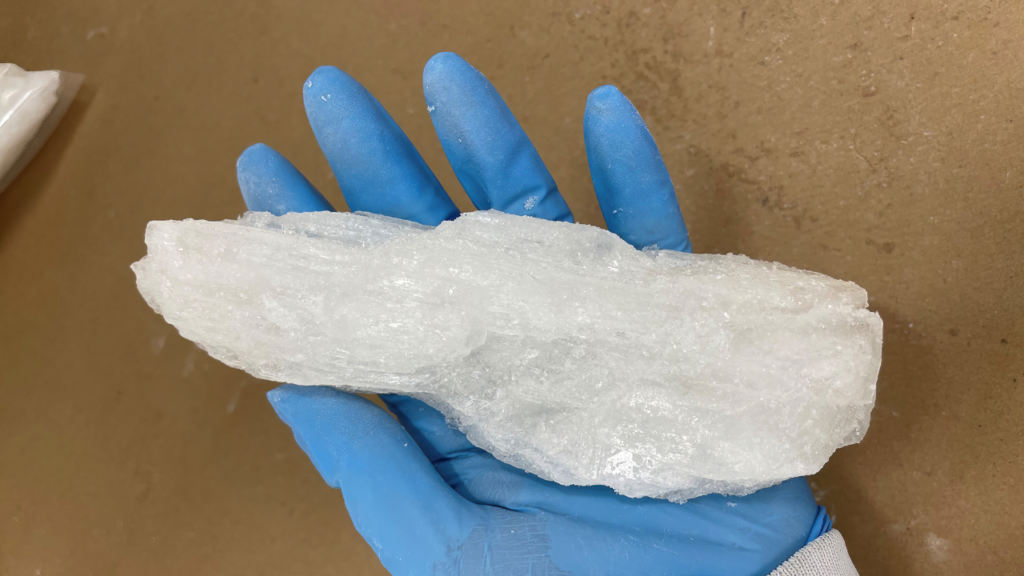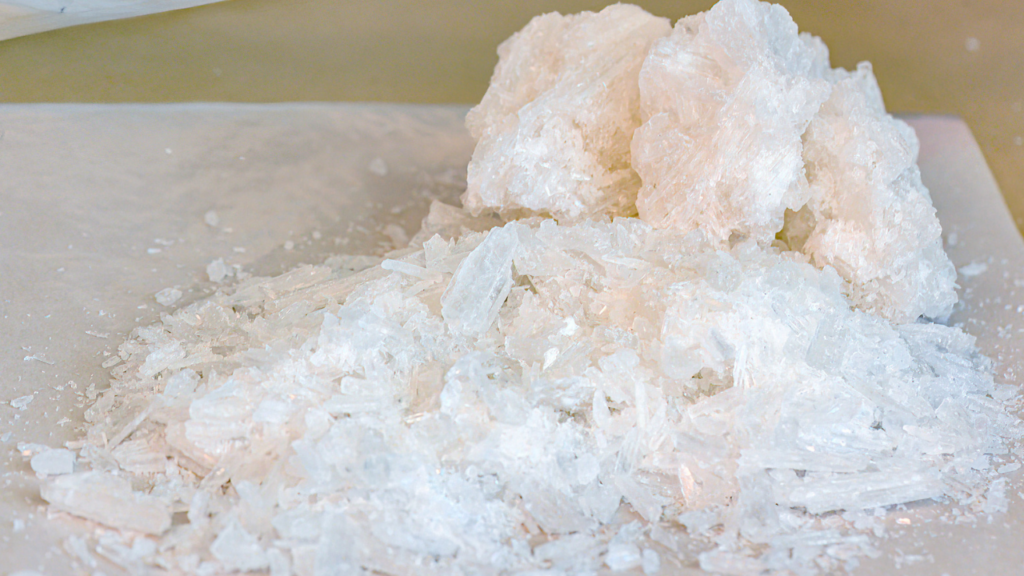Meth addiction devastates individuals and families, but seeking meth addiction treatment requires tremendous courage and represents hope for a better future. Understanding your treatment options and the recovery process can help you take this vital first step with confidence.
Why Meth Addiction Requires Specialized Treatment
Meth presents unique treatment challenges compared to other substances. Meth affects the brain’s reward system and produces intense cravings that can persist long after use stops. The drug’s impact on dopamine production affects motivation, pleasure, and cognitive function, making recovery particularly complex.
These neurological changes mean that willpower alone isn’t enough to overcome meth addiction. Professional treatment addresses both the physical and psychological aspects of addiction through evidence-based approaches.
Starting with Comprehensive Assessment
Effective meth addiction treatment begins with a thorough evaluation where medical and mental health professionals assess the extent of addiction, identify co-occurring disorders, and evaluate physical health complications that may have resulted from meth use.
This assessment guides treatment planning and ensures that all aspects of your health are addressed. Many people with meth addiction also struggle with depression, anxiety, or other mental health conditions that require integrated treatment.

Navigating Meth Detox
While meth withdrawal is typically not life-threatening, it can be extremely uncomfortable and emotionally challenging. Common withdrawal symptoms include severe fatigue, depression, anxiety, intense cravings, and sleep disturbances that can last for weeks.
Medical supervision during detox helps manage these symptoms and provides emotional support during this difficult phase. Healthcare professionals monitor your progress and may recommend medications to help ease withdrawal symptoms when appropriate.
Levels of Care for Meth Addiction Treatment
Various levels of care are available for meth addiction treatment, including inpatient residential programs, partial hospitalization programs, intensive outpatient programs, and standard outpatient care. Treatment teams determine the appropriate level based on your individual needs, addiction severity, and life circumstances.
Inpatient residential programs provide 24-hour support and remove you from environments where drug use occurred. These programs often work best for people with severe addictions or those who have struggled with repeated relapses.
The Power of Behavioral Therapies
Behavioral therapies form the cornerstone of effective meth addiction treatment. Cognitive-behavioral therapy helps you identify triggers, develop healthy coping strategies, and change thought patterns that contribute to drug use. This approach teaches practical skills for managing cravings and avoiding relapse.
Motivational interviewing helps you find internal motivation for change by exploring your personal reasons for recovery. This therapy recognizes that motivation can fluctuate and works to strengthen your commitment to sobriety.
Finding Strength in Community
Group therapy and peer support play crucial roles in meth addiction treatment. Connecting with others who understand the challenges of meth addiction provides encouragement, accountability, and practical recovery strategies. Many people find that sharing their experiences reduces shame and builds hope.
Support groups continue long after formal treatment ends, providing ongoing connection and motivation throughout your recovery journey.
Addressing Co-Occurring Conditions
Depression, anxiety, PTSD, and other mental health disorders often accompany meth addiction and require integrated treatment approaches. Treating addiction without addressing underlying mental health conditions significantly increases relapse risk.
Dual diagnosis treatment addresses both conditions simultaneously, helping you develop healthy coping mechanisms for managing mental health symptoms without turning to substances.

Rebuilding Health and Relationships
Comprehensive meth addiction treatment includes medical care to address malnutrition, dental problems, cardiovascular issues, and other health complications that often result from meth use. Physical healing supports overall recovery and helps you feel stronger as you work on emotional healing.
Family therapy helps repair relationships damaged by addiction, improves communication, and builds a strong support network for recovery. Addiction affects entire family systems, and healing these relationships strengthens your foundation for long-term sobriety.
Planning for Long-Term Success
Treatment programs teach relapse prevention strategies specific to meth addiction, including identifying early warning signs, developing emergency action plans, and building a lifestyle that supports long-term sobriety. These skills become essential tools for maintaining recovery after treatment ends.
Recovery from meth addiction takes time, and brain function slowly improves with sustained sobriety. You can expect to see gradual improvements in mood, cognition, and overall health as you maintain abstinence and engage in healthy activities.
Your Recovery Timeline
The recovery timeline for meth addiction varies for each person, but healing is a gradual process that requires patience and persistence. Many people notice improvements in sleep and appetite within the first few weeks, while cognitive function and emotional stability continue improving over months and years of sobriety.
Aftercare planning and ongoing support after completing initial treatment help maintain the progress you’ve made. Continuing care services, support groups, and alumni programs provide structure and accountability as you navigate early recovery.
Taking the First Step
At The Bluffs, we understand the complexities of meth addiction treatment and provide comprehensive care that addresses your unique needs. Our evidence-based therapies, medical care, and holistic treatment approaches are delivered in a supportive Ohio environment that promotes healing and growth.
We recognize that seeking treatment for meth addiction can feel overwhelming, but you don’t have to face this challenge alone. Our experienced team provides compassionate care that respects your dignity while helping you build the skills necessary for lasting recovery.
Overcoming meth addiction requires professional help, and taking the first step to seek treatment is an act of strength and self-care. Recovery is possible, and thousands of people have successfully overcome meth addiction through comprehensive treatment.








